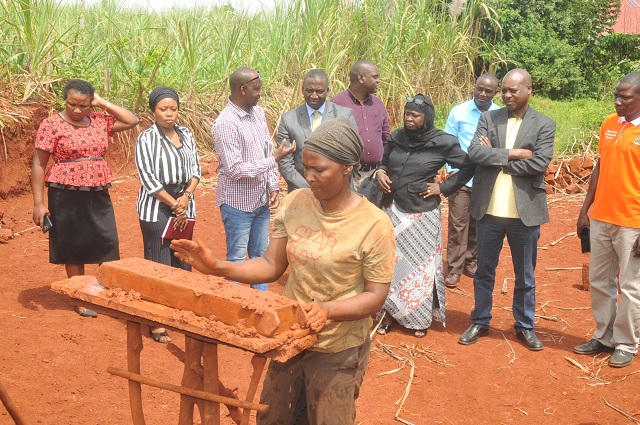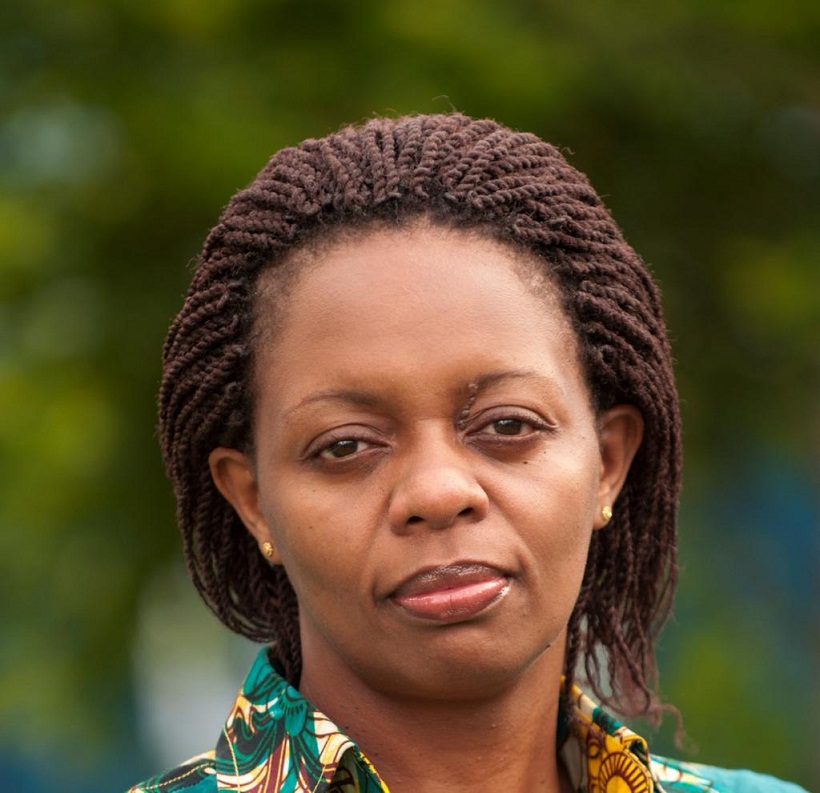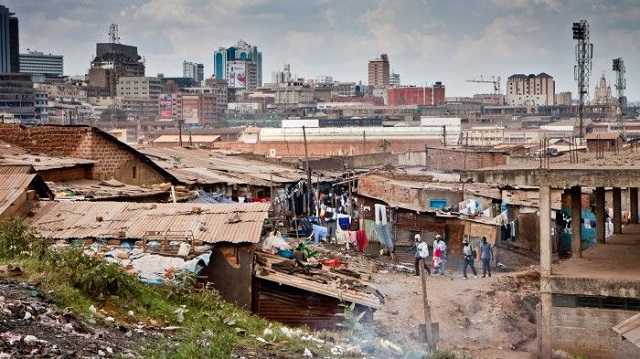BY: PATRICIA MUNABI BABIIHA
The year 2020 brought with it the COVID-19 pandemic that had apocalyptic effects on life, as the World literally ground to an unprecedented standstill. Not even the two World Wars forced the world to ground to a halt like COVID-19 has done.
In Uganda, as we were taking baby steps to recover from the effects of the COVID-19 pandemic, we held an election on January 14th. That election, to some was a blessing in disguise as it offered Ugandans a chance to reshuffle public leaders and bring in those that are suited to handle the rigours of a world and country still reeling from the debilitating effects of a pandemic.
Globally, and Uganda is no exception, one of the problems that has been exacerbated by the COVID-19 pandemic is poverty.
Suffice to note that women are grossly more affected by poverty than men and therefore, as the pandemic crippled the country, women have taken a more severe battering.
Sustainable Development Goal (SDG) 1 which aims at ending poverty in all its forms everywhere will remain a pipe dream if women’s economic empowerment is not achieved. Though the targets for achieving SDG 1 are no mean task, they are nonetheless achievable if, as a country, we get our priorities correct. Now that we have new office bearers and others with renewed mandate, it is time to, “strike the iron when it is still hot,” by imploring them to focus their efforts on addressing poverty.
To achieve SDG 1, the target is that by 2030, extreme poverty for all people everywhere- currently measured as people living on less than $1.25 a day, should be eradicated and by the same year, the proportion of men, women and children of all ages living in poverty in all its dimensions according to national definitions, should be reduced by half.
As a country, it is clear that we are not moving in the right direction of achieving the target of ending poverty in all its forms by 2030. This should concern our newly elected leaders.
Let me focus on the plight of women in light of the poverty situation.
Women in Uganda generally occupy a disadvantaged position economically when compared to men and this is brought about by various factors ranging from lack of access to credit, women engaged in unpaid work and no financial inclusion for women.
Access to credit continues to be difficult for women with 70% indicating lack of collateral required by financial institutions to access credit.
Financial services are critical elements to productivity and key in the gender equality agenda. The Financial Inclusion Insights Survey (2017) established that 61% of women as compared to 52% of men did not have money to make any transaction with a bank.
A study by the World Bank (2015) estimated that closing Uganda’s gender gap in agricultural productivity could potentially increase agriculture GDP by $58m and overall GDP by $67m annually. The World Development Indicators (WDI) put Uganda’s GDP for 2017 at $25.9b and GDP per capita at $ 666.7b for the same year.
Though the government has introduced commendable initiatives like the Certificate of Gender and Equity for all programmes and projects to be implemented by all MDAs aimed at ensuring the redress of gender gaps in the different sectors and programmes like the Uganda Women Entrepreneurship Programme (UWEP), there is still more work to be done.

A number of women are engaged in unpaid domestic work. Findings from the gender assessment by UWONET (2018) indicate that 43% of the women in Uganda as opposed to 20% of the men are engaged in unpaid domestic work. Women spend 7.5 hours /day on unpaid care work, compared with 2 hours /day spent by the men. Simply put, if women are to rise up the ladder of socio-economic development, this has to stop.
In order to get to the bottom of the crisis of poverty among women, the Women’s Democracy Group comprised of the Uganda Women’s Network (UWONET), Action for Development (ACFODE), Forum for Women in Democracy (FOWODE) and Women’s Democracy Network-Uganda Chapter (WDN-U) conducted consultative meetings in 16 regions of Uganda to gather information from different stakeholders.
The process culminated into the Uganda Women’s Manifesto 2021-2026. The Women’s Manifesto offers researched solutions to address the problem of poverty among women. Our newly elected leaders should pay keen attention to it.
For women to be taken out of poverty, the Uganda Women’s Manifesto recommends that: –
- The budget allocation to agriculture should be increased from the current average of 4% to 10% as provided for in the Abuja Declaration. The investments in agriculture should focus on mechanization, value addition and markets for women to enhance gender equality;
- Pertinent laws and economic empowerment policies for women should be reviewed,amended,passed and enforced;
- Economic empowerment programs focused on women to assess their impact and gaps prior to developing new programs for women’s economic empowerment in order to provide for equity should be reviewed;
- Amend the Land Act to provide for joint ownership of land and other productive property by spouses as family property as provided for in the Land Policy of 2013;
- The Marriage and Divorce Bill (2009) should be expeditiously passed into law. The Bill proposes allowing married persons and those cohabiting to agree on how property will be owned during and after the relationship has been dissolved;
- The Government should consider the introduction of physical loans /resources to women other than cash including financing of women’s village saving and loan associations (VSLA’s) to ease access to credit for women especially in rural areas; and
- The Government should ensure institutions through which funds appropriated for economic stimulus, set minimum standards and criteria which are inclusive and gender responsive with monitoring frameworks in place to check for adherence. For instance 40% of the funds and government contracts at all levels should be ring fenced for women. These programmes and initiatives should be widely popularized and publicized for women to access and benefit.
May our newly elected leaders listen to the cry of the Ugandan women as captured in this important document and may it guide their decision-making for the next five years.

Patricia Munabi Babiiha is a lawyer and Executive Director, Forum for Women in Democracy.








